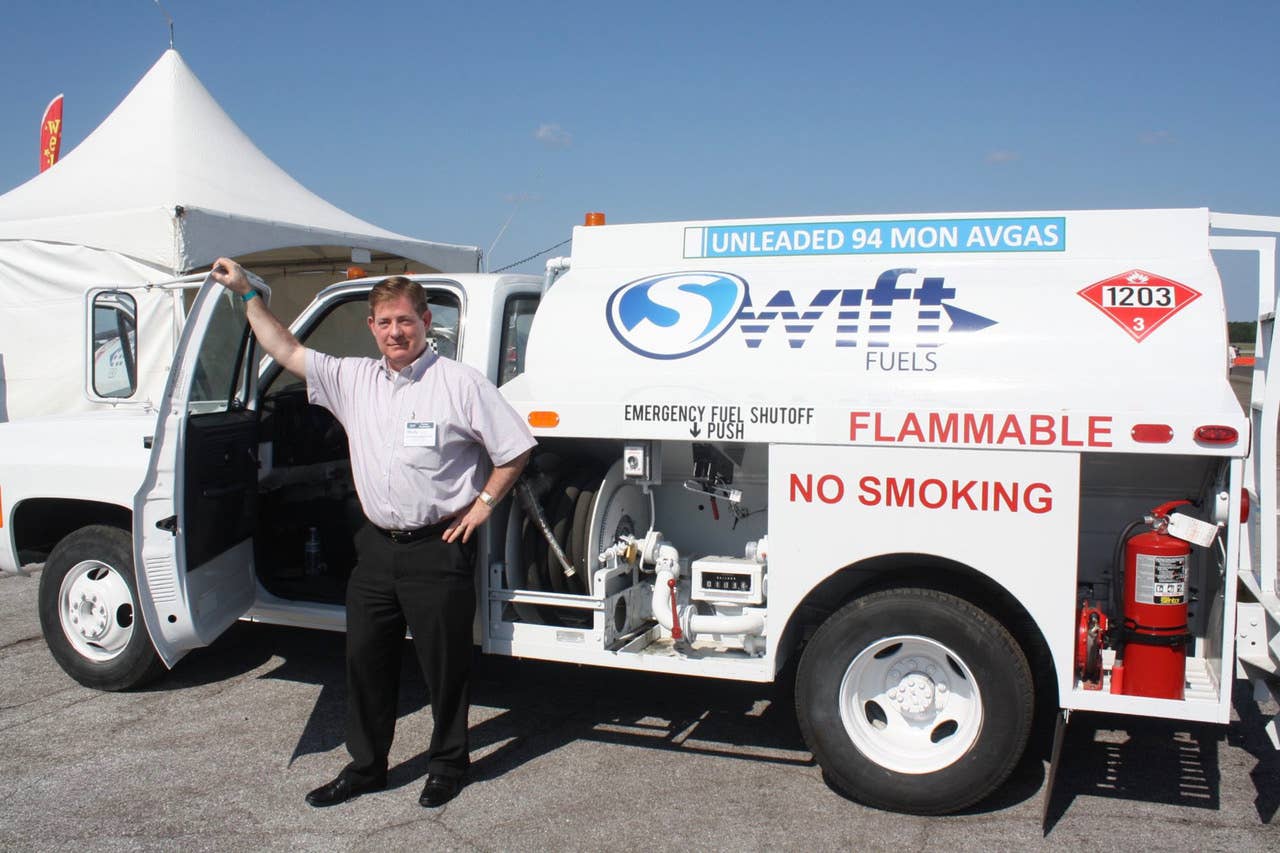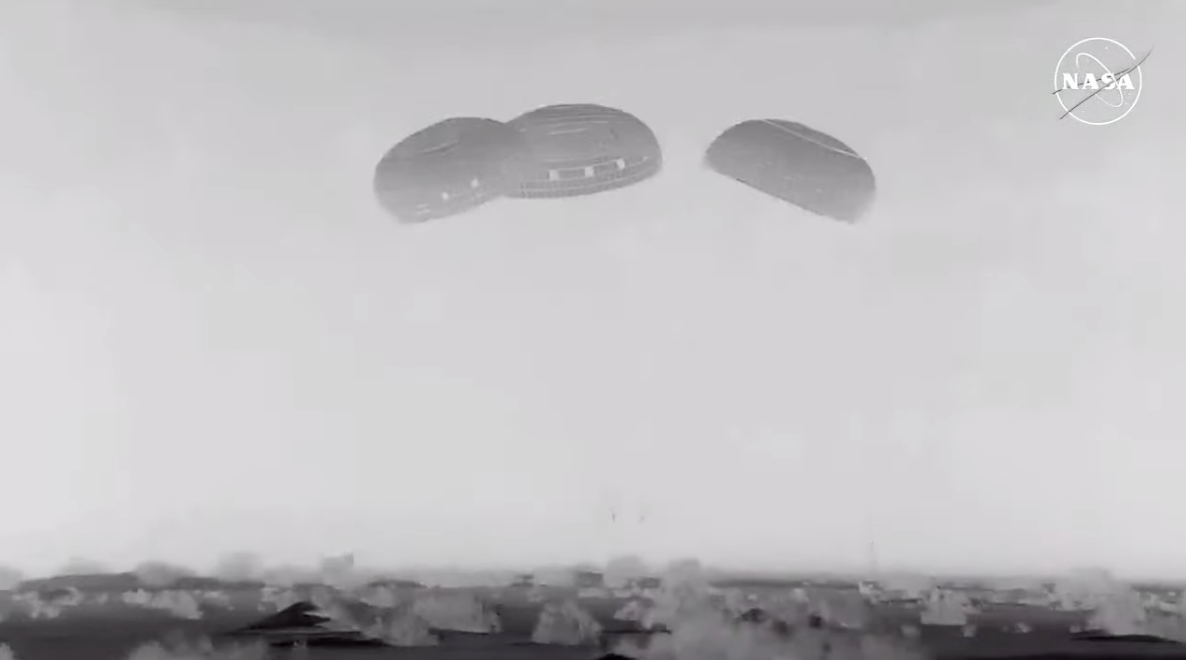Swift Fuels Raps Environmentalists’ ‘Ultimatum’ On Unleaded Fuel
Swift Fuels CEO Chris D’Acosta says a legal threat against California FBOs to sell a new-to-the-market unleaded 100-octane fuel is based on the premise that G100UL, developed by General Aviation Modifications…

Swift Fuels CEO Chris D'Acosta says a legal threat against California FBOs to sell a new-to-the-market unleaded 100-octane fuel is based on the premise that G100UL, developed by General Aviation Modifications Inc., will soon be commercially available, something he says is unlikely to happen anytime soon. In public comments and in emails to AVweb, D'Acosta claims that the lack of ASTM approval of the fuel means that it is not yet commercially viable because it likely will not be accepted by the aviation industry, insurance companies, distribution companies and fuel sellers without proper ASTM vetting. "The FAA does not certify or approve fuel in the marketplace. Industry does," D'Acosta told AVweb in an email. "It starts with ASTM specifications which is then tied to the fuel supply chain, safety regulators, insurance provisions, etc." Swift Fuels is already selling a 94-octane unleaded fuel that D'Acosta says has both FAA STC approval and the ASTM fuel standard and significant product liability insurance coverage for aviation. It is developing a 100-octane unleaded fuel and intends to have it similarly certified.
As we reported earlier, the lawyer for California's Center for Environmental Health (CEH) sent a letter last December to FBOs throughout the state telling them they must commit to switch from selling 100LL to G100UL by March 1, 2024, hoping it would then become available in large quantities. Vitol Aviation, which is now licensed to produce the fuel, is ramping up production, but it won't be ready in time for the deadline set by the lawyer. The fuel has been approved by the FAA for use in piston engines used by specified aircraft in the U.S. through an STC process. GAMI founder George Braly told AVweb the FAA approval for all aspects of the fuel's production, distribution and use in aircraft satisfies the "commercially available" definition that triggers the requirement for fuel sellers to switch to his fuel. In a public comment below the earlier story on the lawyer letter, D'Acosta disagreed, saying G100UL "has not completed the necessary prerequisites with [industry/ASTM] to be commercially available in the marketplace." He also criticized the legal threat. "Accordingly, I believe the lawyers of CEH have no right to impose this unjustified ultimatum on California FBOs."






